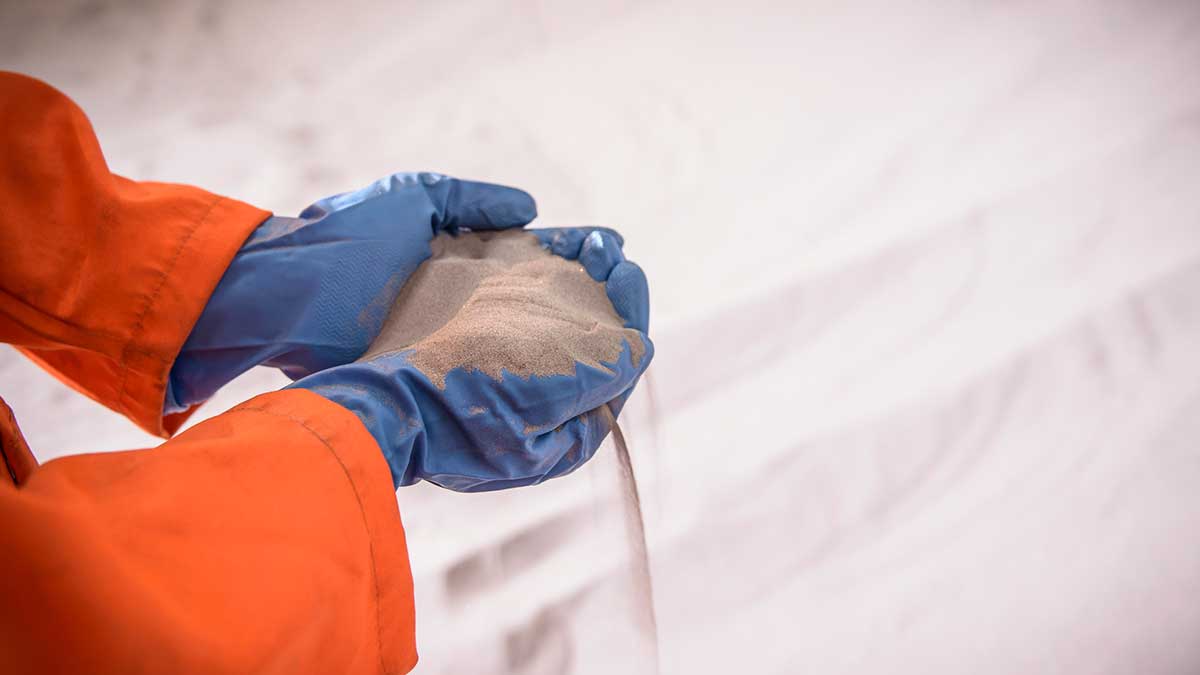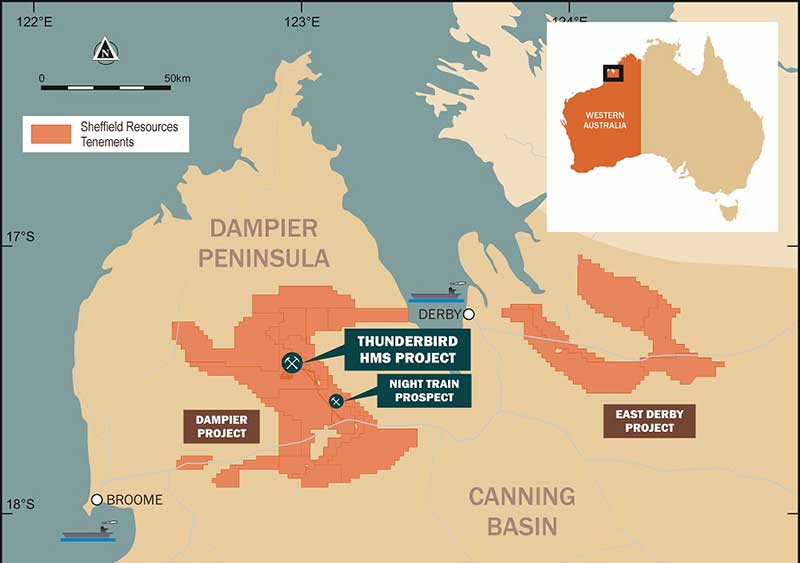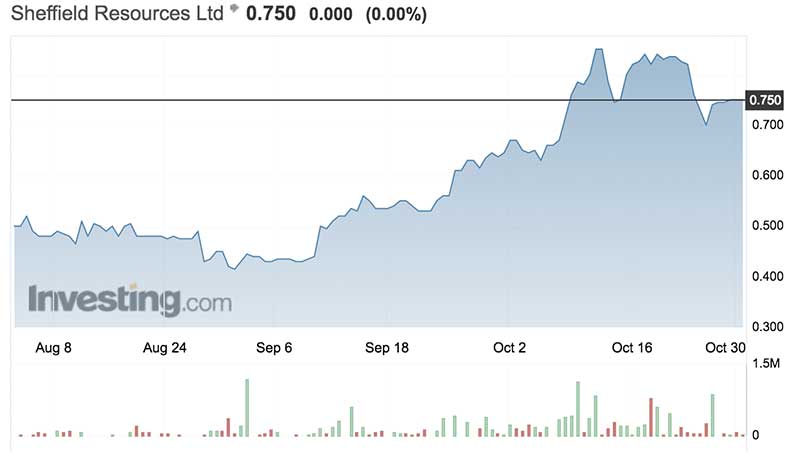Sheffield locks in third sales deal for Thunderbird mineral sands project

Pic: Getty
Explorer Sheffield Resources has inked a deal to sell zircon from its big Thunderbird mineral sands project in Western Australia.
The binding deal is with Spanish ceramics company CFM Minerales for a minimum 4000 tonnes per year of premium zircon for an initial five-year period with an opportunity to supply a further 2000 tonnes.
Sheffield has now locked in about 44 per cent of forecast first-stage production, with the latest deal representing about 8 per cent of total volume.

“We continue to advance negotiations across our full product range and expect that over the coming months we will continue to deliver on our offtake [future sales] strategy and timeline,” Sheffield’s managing director Bruce McFadzean told investors.
Pricing would be negotiated on a quarterly basis.
Sheffield has already locked in agreements with Indian ceramics companies Ruby Ceramics and Sukaso Ceracolors Ceramics.
Sheffield’s feasibility study shows Thunderbird is a low risk, modest capex project that generates strong cash margins from production over a mine life of 42 years.
Thunderbird’s mineral resource stands at 3.2 billion tonnes at 6.9 per cent heavy minerals including 18.6 million tonnes of zircon, 5.9 million tonnes of high-titanium leucoxene, 6.5 million tonnes of leucoxene and 61.7 million tonnes of ilmenite.
Sheffield is targeting initial production in 2019.

The stock closed at 75c yesterday.
Mineral sands are old beach sands that contain concentrations of minerals such as zircon and ilmenite.
Zircon is a very hard mineral resistant to corrosion and heat. It has a high melting point and is used in engines, electronics, spacecraft and the ceramics industry, according to the Australian Mines Atlas.
Ilmenite is the main source of titanium dioxide which is used in paints, fabrics, plastics, paper, sunscreen, food and cosmetics.
UNLOCK INSIGHTS
Discover the untold stories of emerging ASX stocks.
Daily news and expert analysis, it's free to subscribe.
By proceeding, you confirm you understand that we handle personal information in accordance with our Privacy Policy.








